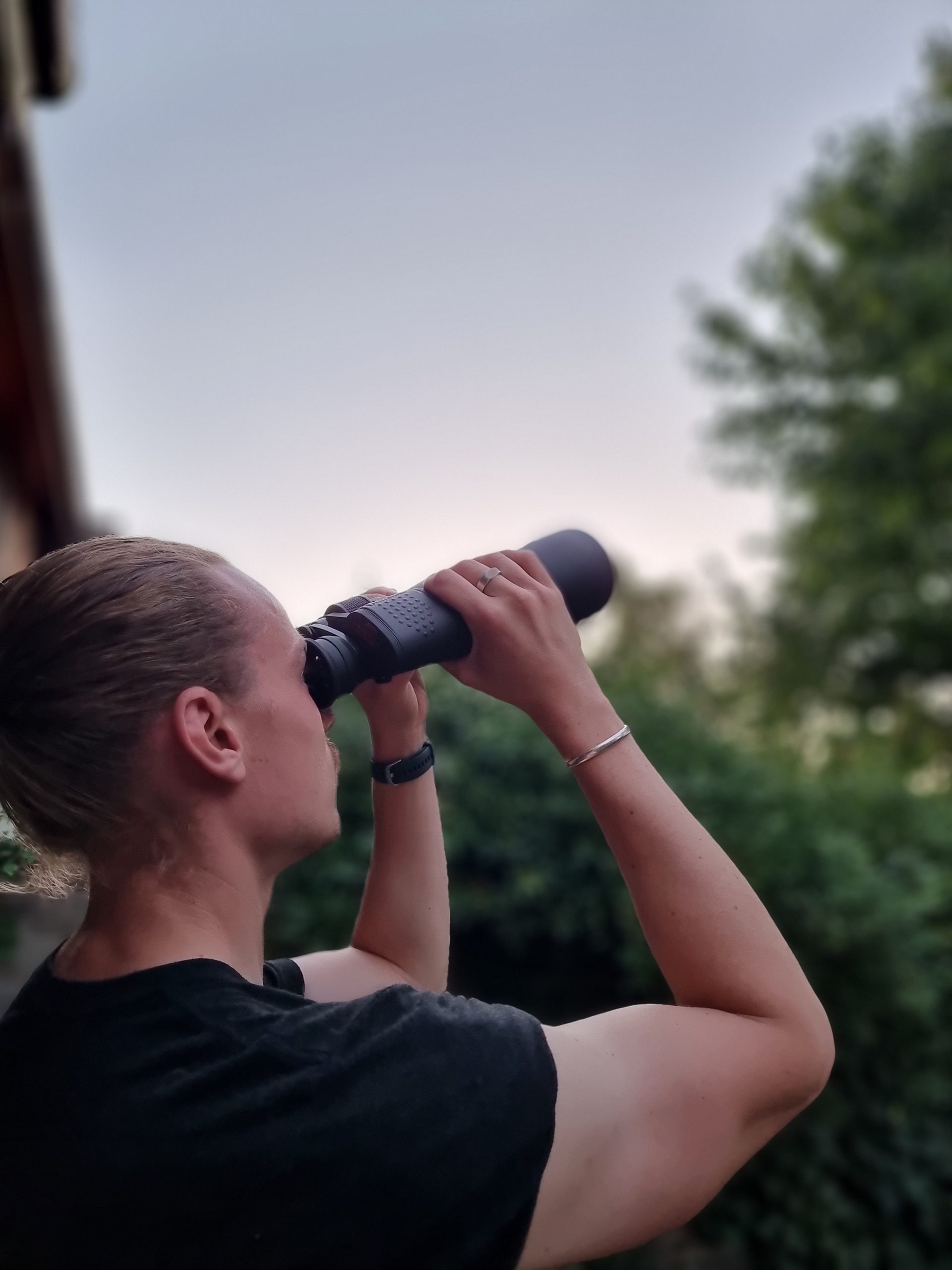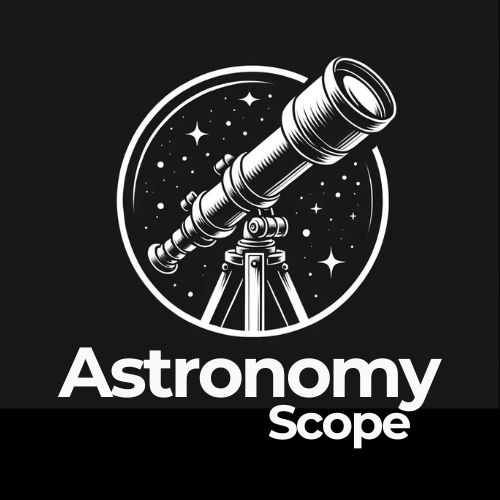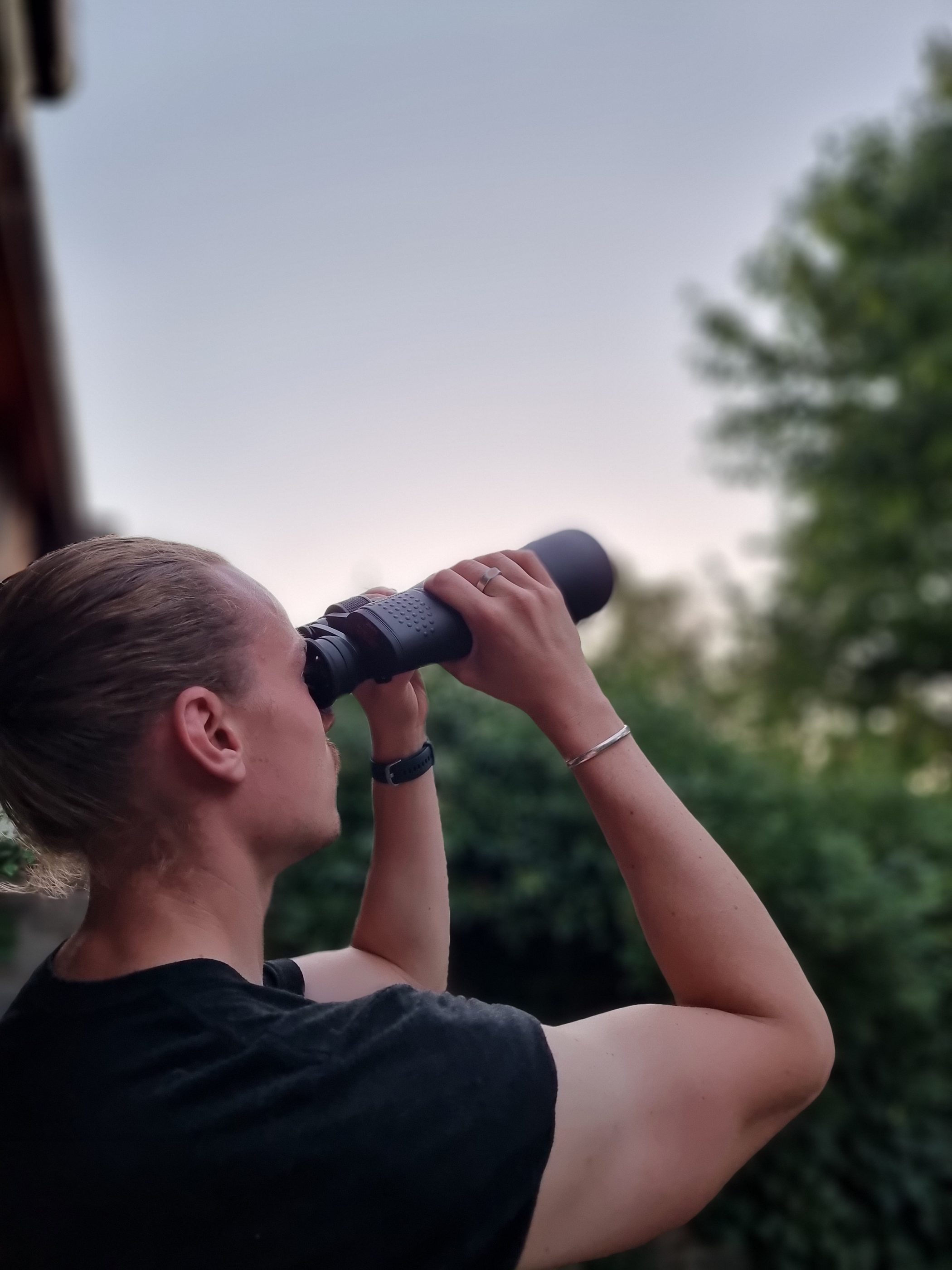One common question that new astronomers often ask is whether it is possible to rent a telescope. Besides, they are very expensive pieces of equipment to buy up front. Intrigued, I spent some time researching the possibilities for rental and would like to share my findings here with you today.
So, can you rent telescopes? You can rent telescopes, and there are many businesses that provide this service. It typically costs between $10 and $100 per day to rent a telescope, although it may cost more depending on any additional extras. The total price you will pay will largely depend on how long you rent for, the quality of the telescope you choose, and whom you rent from.
Renting can be a great way to test a particular telescope, or see if astronomy is going to be a hobby that you want to take up long term.
As with any rental, however, it is important to do your research and understand all that is involved before you go ahead.
Let us now take a closer look at the costs involved with renting, where you can rent, and some other considerations to take into account in regards to the process.
How Much Does It Cost To Rent A Telescope?
Renting a telescope can cost anywhere from $10-$150+ per day. We can only look at an average, based on the number of different companies that offer such a service.
Beyond this, there are a number of factors that will impact the price.
The first is the telescope that you will be renting. It goes without saying that a more expensive telescope, will cost more to rent.
Smaller and cheaper 70mm aperture telescopes are typically the cheapest, whereas computerized GoTo telescopes generally command a much higher fee.
Beyond this, it will depend on the companies involved – each will have its own pricing.
Equally, not all services will offer daily rates. Instead, you are likely to find a number of different renting options.
For example, I have seen Celestron NexStar 8SE‘s available for both $90 per day and $400 per month at different rental companies.
The thing to consider here is that the renting options will give you a specific amount of time that you can borrow the telescope.
Daily, weekend, monthly, or even 6 month rentals are common.
In fact, many services will even be able to offer a bespoke rental agreement. Typically, you can contact the different companies that offer telescope rental and enquire about what they offer.
Some will be willing to negotiate and accommodate individual requests.
There also additional extras that you may want to consider.
Some rentals will come with mounts as standard, but what eyepieces you get will vary and may come at an additional cost and charge.
Where Can You Rent A Telescope?
There are typically two different places that you can hire a telescope: from a specialized astronomy store and physical location, or online.
Either way, it is imperative that you do your research and due diligence before any payment is made.
Ensure that they are a legitimate organization and that you are able to inspect the telescope and see the full rental agreement before taking one away.
It’s important that you understand your liabilities and what is included and involved with your specific rental, and the terms and conditions of such.
Renting A Telescope Considerations
Let us now take a closer look at some of those considerations you should take into account before proceeding with a telescope rental:
- Think about the time of the year; for example, Autumn, Winter, and Spring are considered to be the best times to stargaze and many astronomers refer to this as ‘observing season’. This is between October and March.
- Think about your personal commitments; will you be able to realistically get out and use the telescope during the rental period, or do you have a lot of busy evenings or weekends coming up.
- Compare rental prices with the price of purchasing the telescope outright; to ensure that you are getting a fair deal. Sometimes, it may even pay you to buy a cheaper telescope.
- Look at the rental agreements thoroughly and check to see what is covered as part of your hire,
- Ensure that you can return the telescope on the return date or extend the hiring period to avoid incurring additional charges.
- Make sure you can realistically pick up, return the telescope physically, as this will often be required as part of the agreement.
- Ensure that you do not touch any of the lenses or mirrors; this can cause damage which you may need to pay for.
- Do not attempt to alter or clean any of the telescope lenses; as again this could incur damage and result in a charge. It needs to be cleaned properly, and is not something you should need to do while renting.
- Be very careful with all telescope equipment borrowed; any damages will likely need to be paid for.
- Try to familiarize yourself with astronomy equipment prior to hiring; research online and watch YouTube videos of specific setups and/or telescopes. This will help you maximize your time and enjoy the experience more.
- Consider that damage deposits may need to be put down prior to rental to ensure each telescope is returned in full working condition. Otherwise your credit card may be charged for the repair or replacement.
- Ensure you inspect the telescope thoroughly before rental; letting the rental service know of any existing damage, marks or wear.
Finally
Renting a telescope is definitely possible, but planning ahead and thinking about all that is involved is a good idea.
This will help to ensure that you get the best rate and that you can also enjoy the entire experience.
And, before you do go ahead and rent a telescope, be sure to check the market thoroughly ahead of time.
To me, it doesn’t make sense to pay $300-$500 to rent a telescope for a couple of months if you can purchase it brand new for $600-$800 (or cheaper yet).
While it is true that renting offers you an opportunity to test the water and see if astronomy is for you, you should also think about it from an investment and financial position too.
My guide on the best telescopes for observing planets and galaxies is one to definitely check out if you are in the market for your next scope!
Or maybe you’re after something a little more versatile. If this is the case, this best portable telescope resource may be for you.

Hey, my name is Jeremy. I’m a passionate and seasoned astronomer who loves nothing more than observing the night sky. I also love researching, learning, and writing all things Space and the Universe. I created Astronomy Scope to share my knowledge, experience, suggestions, and recommendations of what I have learned along the way while helping anyone to get into and maximize their enjoyment of the hobby.

